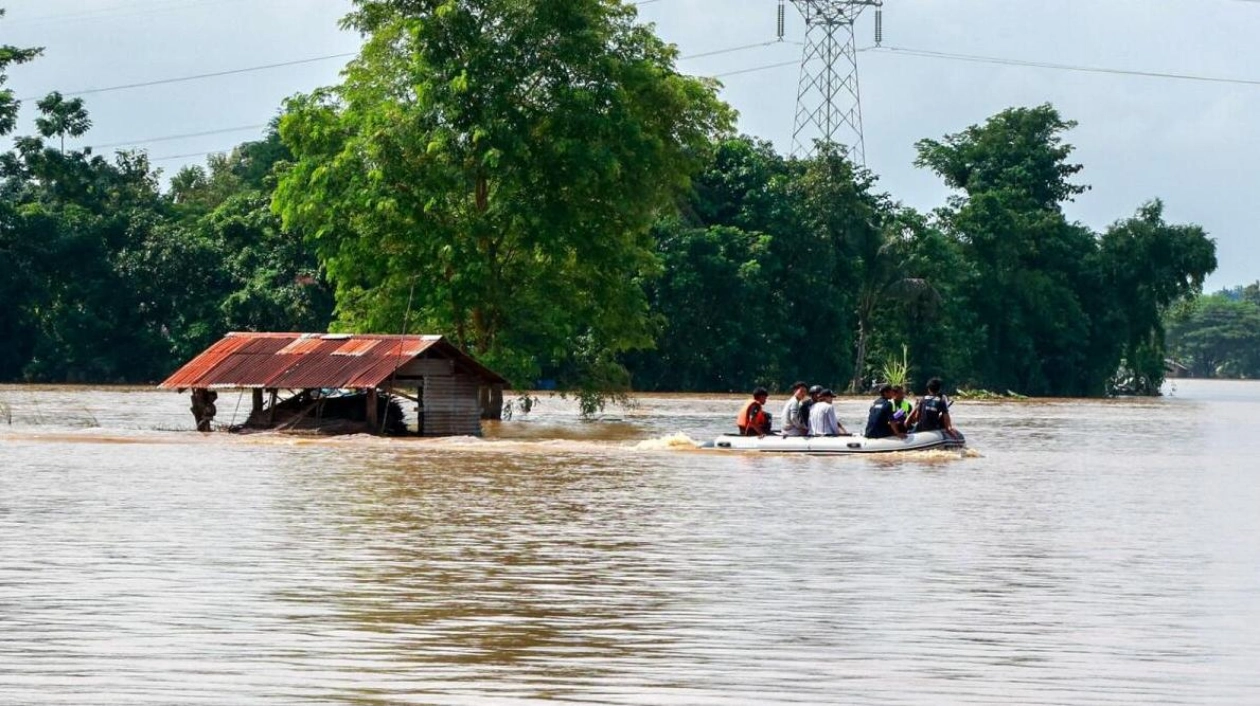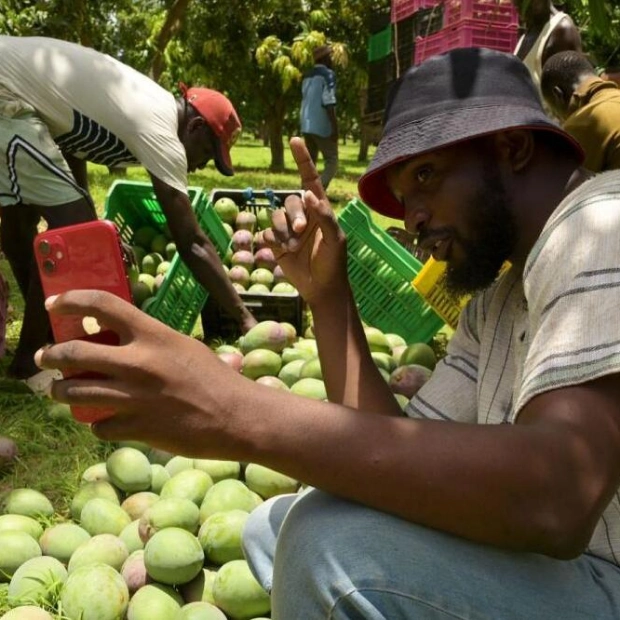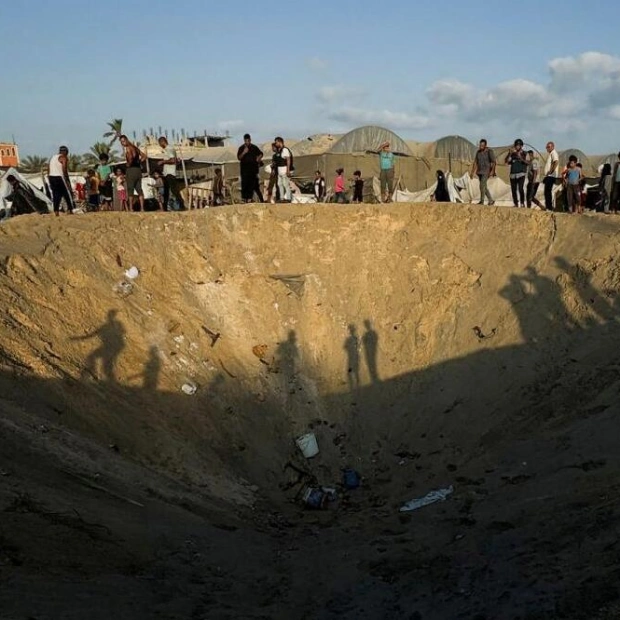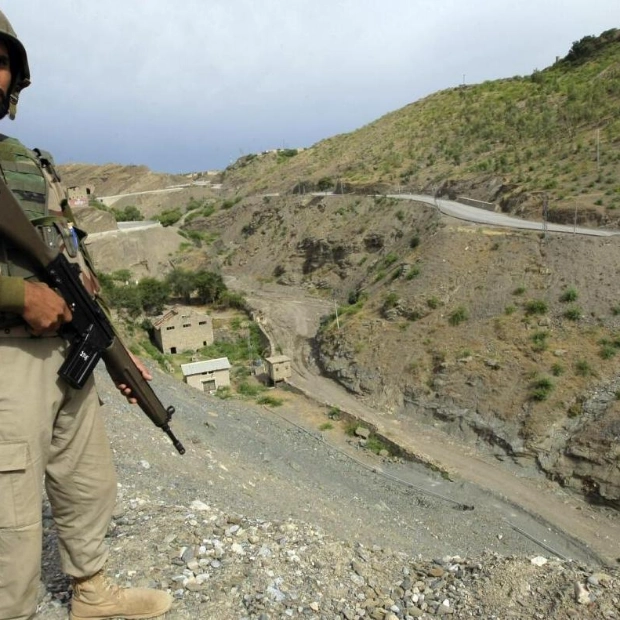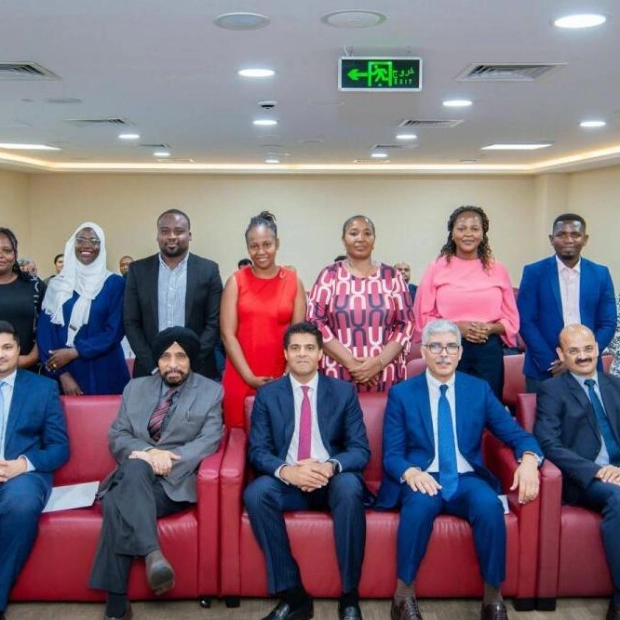Deadly floods and landslides caused by Typhoon Yagi have impacted nearly six million children across Southeast Asia, according to the UN. The death toll from the disaster continues to rise. Typhoon Yagi brought strong winds and heavy rainfall to Vietnam, Thailand, Laos, and Myanmar when it hit the region almost two weeks ago. Thailand reported three additional fatalities on Wednesday, bringing the total deaths in the country to 18, with a regional total of 537 confirmed fatalities. The United Nations children's agency, UNICEF, stated that six million children have been affected by Yagi, with access to clean water, education, healthcare, food, and shelter all compromised.
"The most vulnerable children and families are facing the most devastating consequences of the destruction left behind by Typhoon Yagi," said June Kunugi, UNICEF's regional director for East Asia and the Pacific. In Vietnam, about three million people are at risk of disease due to a lack of safe drinking water and sanitation, according to UNICEF. Nearly 400,000 people have been displaced from their homes by floods in Myanmar, adding to the suffering of a population already enduring more than three years of conflict between the military and armed groups opposing its rule. Yagi exacerbated an "already dire humanitarian situation" in Myanmar, pushing "already marginalized communities into deeper crisis," UNICEF noted.
More than 100 flood victims near the capital Naypyidaw required hospital treatment for food poisoning after consuming donated meals on Tuesday, according to the junta. The UN's World Food Programme announced on Wednesday that it would initiate an emergency response in Myanmar this week, distributing a one-month ration of emergency food to up to half a million people. Climate change and warming oceans, driven by human activities, are making extreme weather events like Typhoon Yagi more frequent and severe. Overlapping climate and humanitarian hazards disproportionately affect children in East Asia and the Pacific, where they are six times more likely than their grandparents to be impacted, according to UNICEF.
